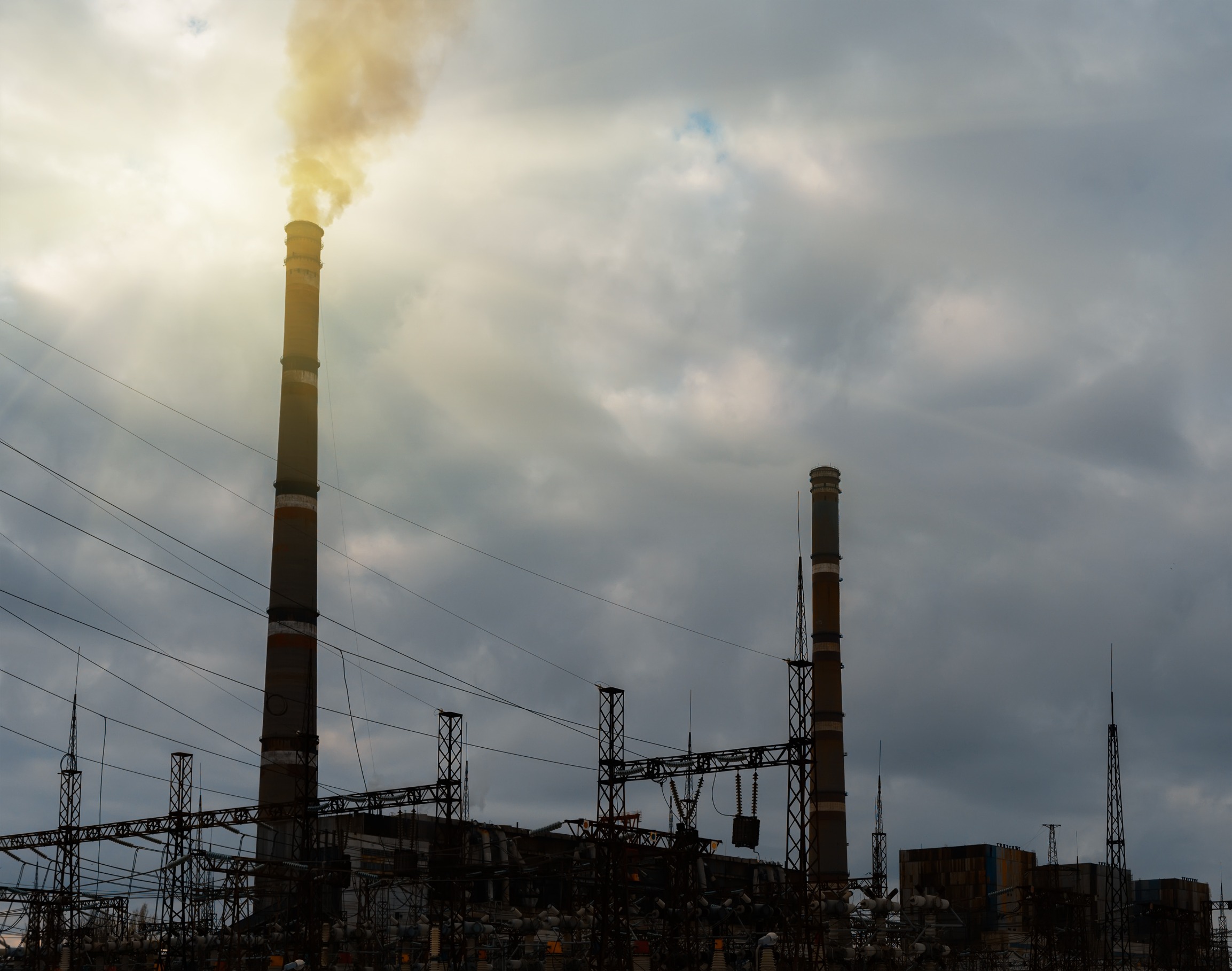BY THE OPTIMIST DAILY EDITORIAL STAFF
Alberta reached a historic milestone by closing its last specialized coal plant. On Sunday, June 16th at 10:57 p.m., Capital Power’s Genesee 2 facility shut down, marking the end of the province’s coal era. According to the Alberta Electric System Operator (AESO), the plant is not likely to reopen.
“Given this was around the time they previously stated it would be fully converted to gas, I suspect that’s it. The end of coal power in Alberta,” said Blake Shaffer, an economist specializing in electricity markets at the University of Calgary.
A remarkable transition
The transition away from coal in Alberta has been nothing short of extraordinary. In 2001, coal generated as much as 80 percent of the province’s electricity. In 2015, the Alberta government, led by then-NDP Premier Rachel Notley, announced intentions to phase out coal generation by 2030 as part of broader climate initiatives. The ambitious timeline was received with skepticism.
“The industry was up in arms that it wasn’t possible,” Shaffer recalled. “Even parts of the government were in disbelief. I think there was a general view that phasing out by 2030 would actually be very challenging, and yet here we are.”
Natural gas takes the lead
The switch to natural gas permitted the quick phase-out of coal. Natural gas-generated electricity emits nearly half as many greenhouse emissions as coal. Furthermore, Capital Power claims that the new technology utilized in the conversion cuts water consumption by at least 50 percent.
On Tuesday, Capital Power reported that the conversion process was complete. “We are immensely proud to confirm that all units at our Genesee facility are now 100 percent natural gas-fueled,” the business stated, expecting a 3.4 million tons reduction in annual greenhouse gas emissions.
Decrease emissions and increase efficiency
Alberta’s greenhouse gas emissions from electricity generation have dropped considerably since the coal phaseout began. In 2015, the sector generated approximately 41 million tons of emissions. By 2022, the figure had reduced to around 19 million tonnes.
“This achievement marks a significant moment in history for this legacy, baseload facility that has delivered reliable and affordable power to Alberta for more than 30 years,” said Jason Comandante, senior vice president of Capital Power. The business expects that additional efficiency modifications will increase the facility’s maximum generating capacity by 512 megawatts later this year.
Lessons for the world
Scott MacDougall, director of the Pembina Institute’s electricity program, applauded Alberta’s successful coal phaseout. “Establishing a coal phaseout timeline provided certainty for industry and stakeholders and allowed for efficient investment decisions aligned with phasing out coal,” according to him. “It also offers a case study for the remaining coal jurisdictions around the world.”
A cleaner future
Alberta’s move from coal to natural gas, combined with the rapid expansion of wind and solar electricity, underlines the province’s commitment to a cleaner, more sustainable future. The conversion of the Genesee 2 facility demonstrates what is possible with clear policy direction and collaboration between the government and the energy industry.
The shutdown of Alberta’s last coal plant marks not just the end of an era, but also the beginning of a new chapter in the province’s energy history, one focused on environmental responsibility and sustainability.












